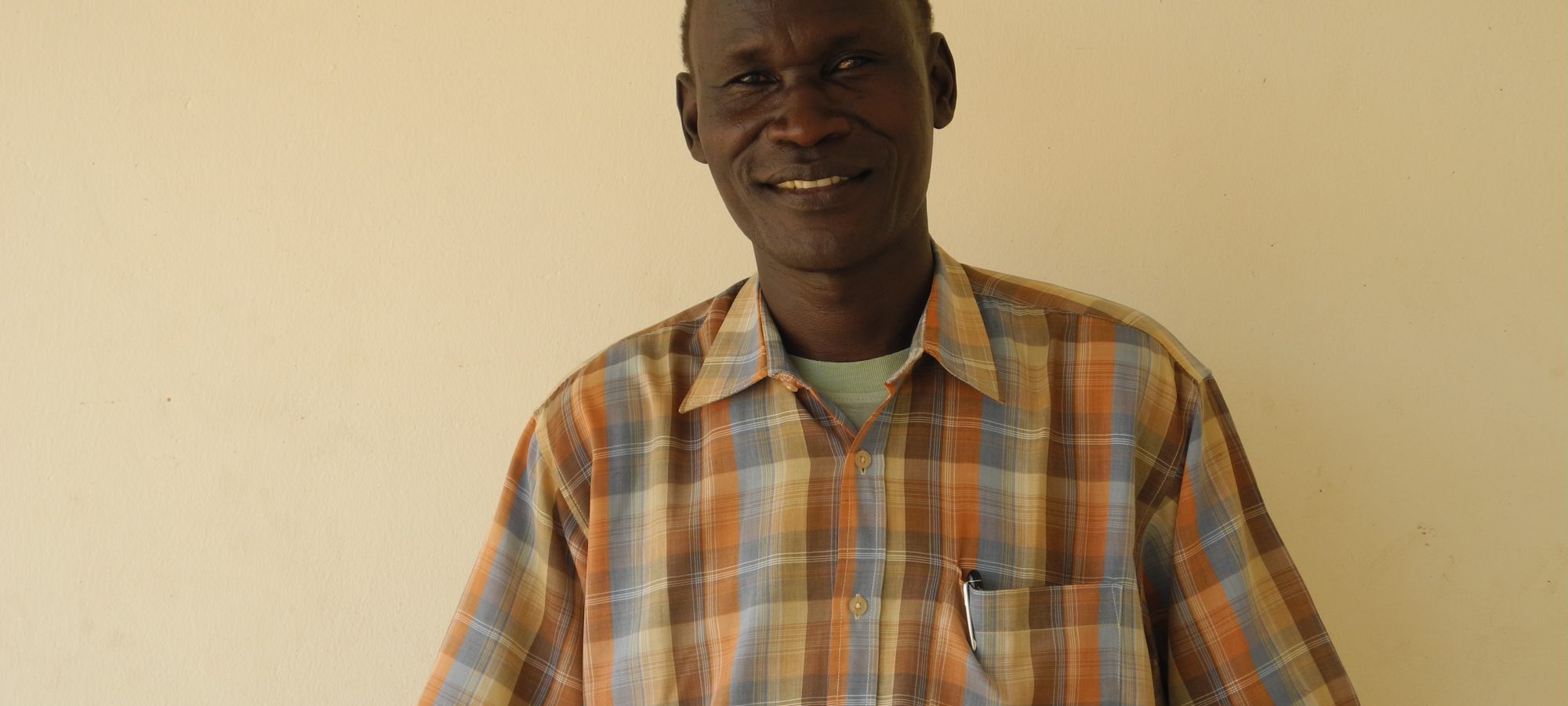Malaria is ever present in South Sudan. The ecological environment provides the perfect conditions for Malaria-transmitting mosquitos – long periods of rain, high temperatures and humidity. In most areas malaria is transmitted all year round and the entire population of over eight million people is at risk.
Access to health care is the biggest challenge, with 60 percent of remote locations inaccessible during the rainy season. Only 44 percent of the population lives within a five km radius of a functioning health facility. These statistics represent a collective challenge to the prevention and treatment of malaria.
In 2011, as part of a shared commitment to malaria prevention in South Sudan, Malaria Consortium and its partners began an operational research pilot study in Lainya County, Central Equatoria State. With support from the Ministry of Health, UKAid from DFID, and USAID through ‘NetWorks’, Malaria Consortium began preparations for a long lasting insecticidal nets (LLIN) continuous distribution pilot, to test whether universal coverage can be maintained through a continuous a LLIN distribution system.
The study aimed to test a sustainable method of replacing nets in households where they may have been destroyed, damaged or lacking. The pilot project involved keeping mosquito nets in the community at all times, in storage units established in Primary Health Care Centres/Units including rural hard-to-reach areas and used a ‘pull system’ to ensure storage facilities never ran out of stock.
Community members received net coupons from community level health workers – Net Coupon Holders – who were posted throughout the county at specified times. Coupon recipients were able to redeem from primary health care centres (PHCC/Us) during normal operational hours. The church has played a key role in the pilot, both at the planning and implementation level. Along with other key stakeholders, before the pilot began, ideas were sought from the church on how the pilot might best succeed. More than 80 percent of the population in Lainya attends the Episcopal Church of South Sudan and the church has played a primary role in disseminating information to people during church services, with messaging around malaria prevention and control integrated into the work of the church.
In this audio interview, Reverend Rufus Lemi, Dean of the cathedral for the Diocese of Lainya, Episcopal Church of South Sudan, discusses the church’s involvement in the project.
